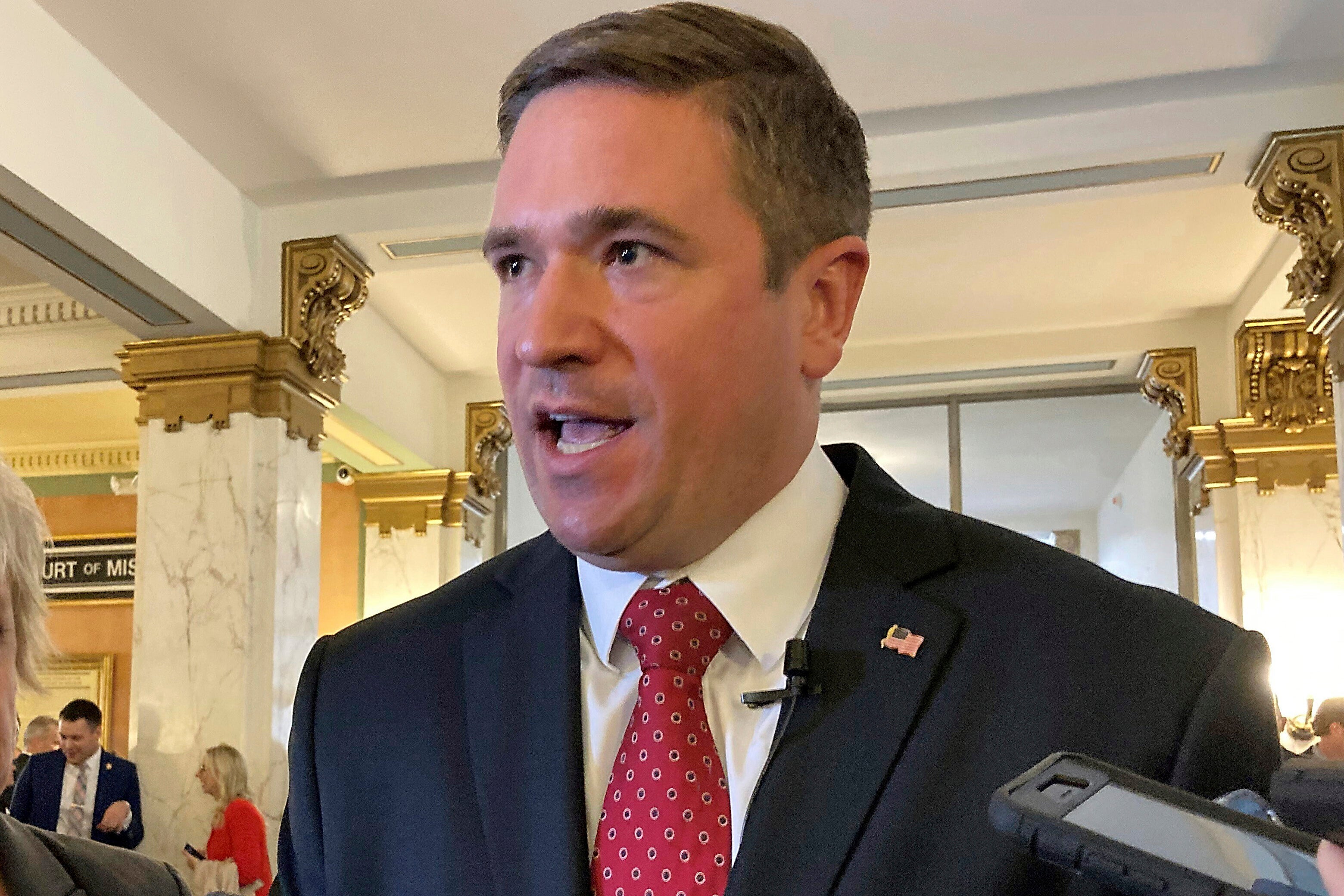Missouri judge to weigh transgender health care rules
A Missouri judge will decide whether a first-of-its-kind rule placing strict regulations on gender-affirming care in Missouri kicks in Thursday

Your support helps us to tell the story
From reproductive rights to climate change to Big Tech, The Independent is on the ground when the story is developing. Whether it's investigating the financials of Elon Musk's pro-Trump PAC or producing our latest documentary, 'The A Word', which shines a light on the American women fighting for reproductive rights, we know how important it is to parse out the facts from the messaging.
At such a critical moment in US history, we need reporters on the ground. Your donation allows us to keep sending journalists to speak to both sides of the story.
The Independent is trusted by Americans across the entire political spectrum. And unlike many other quality news outlets, we choose not to lock Americans out of our reporting and analysis with paywalls. We believe quality journalism should be available to everyone, paid for by those who can afford it.
Your support makes all the difference.Whether a first-of-its-kind rule placing strict regulations on gender-affirming care in Missouri kicks in Thursday is in the hands of a judge.
Republican Attorney General Andrew Bailey's office is set to defend his unusual emergency rule before St. Louis County Circuit Judge Kristine Kerr on Wednesday.
Transgender Missourians and health care providers sued Monday, asking Kerr to block the rule.
Bailey has touted the emergency restrictions as a way to shield minors from what he describes as experimental medical treatments, although the regulations apply to health care for adults as well.
Those suing argue Bailey sidestepped the GOP-led Legislature and acted beyond his authority in attempting to regulate gender-affirming health care under the state’s consumer-protection laws.
The rule would “essentially outlaw, on less than two weeks’ notice, virtually all medically-necessary treatment for gender dysphoria in Missouri, treatment that is supported by every major medical association in the United States,” attorneys for the plaintiffs wrote in court filings.
The rule will require people to have experienced an “intense pattern” of documented gender dysphoria for three years and to have received at least 15 hourly sessions with a therapist over at least 18 months before receiving puberty blockers, hormones, surgery or other treatment.
Patients also must first be screened for autism and “social media addiction,” and any psychiatric symptoms from mental health issues would have to be treated and resolved.
Some people would be able to maintain their prescriptions while undergoing required assessments.
Bailey issued the restrictions following an investigation he launched in February into the Washington University Transgender Center at St. Louis Children’s Hospital. The investigation was prompted by a former employee who alleged the center was providing children with gender-affirming care without informed consent, not enough individualized case review and wraparound mental health services. An internal review by the university found no misconduct and determined that the former employee's claims were unsubstantiated.
Bailey’s efforts to crack down on gender-affirming health care come as Republican lawmakers across the country, including Missouri, have proposed hundreds of laws aimed at transgender people. At least 13 states have enacted laws restricting or banning gender-affirming care for minors.
The FDA approved puberty blockers 30 years ago to treat children with precocious puberty — a condition that causes sexual development to begin much earlier than usual. Sex hormones — synthetic forms of estrogen and testosterone — were approved decades ago to treat hormone disorders or as birth control pills.
The FDA has not approved the medications specifically to treat gender-questioning youth. But they have been used for many years for that purpose “off label,” a common and accepted practice for many medical conditions. Doctors who treat transgender patients say those decades of use mean the treatments are not experimental.
Critics have raised concerns about children changing their minds. Yet the evidence suggests detransitioning is not as common as opponents of transgender medical treatment for youth contend, though few studies exist.
——-
Ballentine reported from Jefferson City, Missouri.